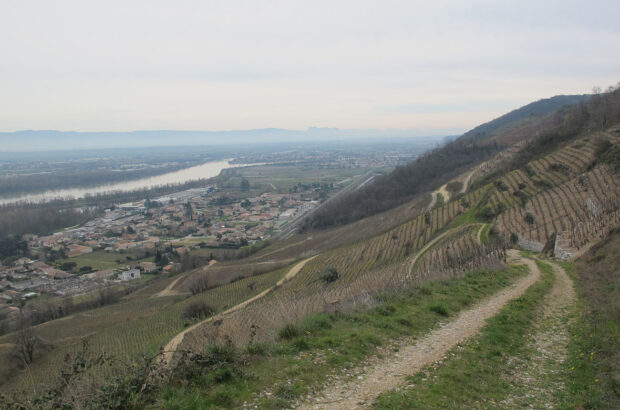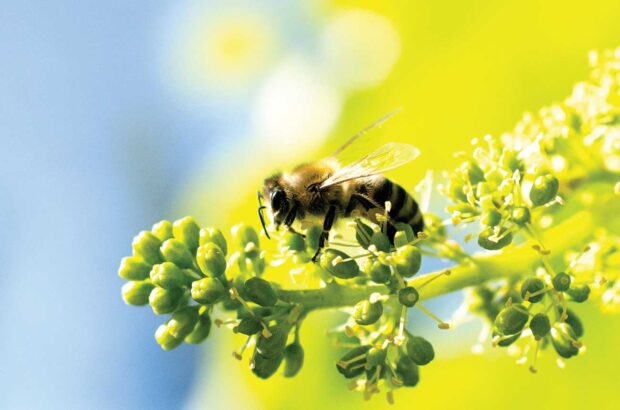Lucio Tasca d’Almerita died in Palermo this week, on 25 July, aged 82.
In Sicily he was known simply as ‘Conte Lucio’, such was the reputation of the Count and the amount of respect and affection people had for him. Lucio was one of the pioneers of winemaking on the island from a technical point of view, but moreover he was able to demonstrate how effective the modernisation of Sicily could be from a cultural standpoint.
Born in Palermo on 9 January 1940, he was an athlete in his youth and even competed at the 1960 Olympics in Rome on Italy’s equestrian team. He studied classics in Lausanne and graduated in Economics in Palermo in 1965.

Lucio Tasca competing at the 1960 Olympics in Rome. Credit: Conte Tasca d’Almerita
His European relationships and global vision helped him to propel the entire island of Sicily, not only his own company, into the future of the wine business. Lucio developed an interest in French varieties, and in 1979 he persuaded his father, Giuseppe, to cultivate Cabernet Sauvignon and Chardonnay. In doing so, he introduced Sicilian Cabernet and Chardonnay to the world in 1988 and 1989 respectively, experimenting with barrique ageing, soft pressing during vinification, and shorter pruning.
Later, Lucio became an early adopter of technology. Under his leadership as president since 1998, Tasca d’Almerita became one of the first wine estates in the world to introduce software to help fine-tune the winemaking process.
However, it would be wrong to assume that his influence was only focused on international grape varieties and modern winemaking. His conviction and desire to spread awareness about native varieties such as Nero d’Avola – known today all over the world – has opened the doors to recognition of Sicilian viticulture on a global stage.
Rosso del Conte, Tasca d’Almerita’s flagship red of Nero d’Avola and Perricone, is one of the finest and most legendary examples of Sicilian quality as well as typicity and longevity. Under Lucio, the company expanded from the family headquarters at Regaleali to envelop a total of five winemaking estates across Sicily: Regaleali in the heart of the island; Capofaro on the Aeolian island of Salina (plus the exceptional Capofaro Locanda & Malvasia hospitality venture); Tascante on the slopes of Mount Etna; Whitaker on the tiny Phoenician island of Mozia; and Sallier de La Tour in Camporeale, not far from Palermo.
In 2002, Lucio founded Assovini Sicilia, the association of entrepreneurs in Sicilian wine which he led until 2008. He was also a founding member of Italy’s Istituto Grandi Marchi, and from 2016 to 2018 was president of Associazione Grandi Cru d’Italia. ‘He was a true gentleman, a deep connoisseur of the world, of people and of wine,’ commented Carlo Ferrini, his winemaking consultant. ‘I loved to witness him entertaining and interacting with his vineyard workers, his employees and with me. He was immediately able to identify with us. A unique man, unforgettable. I will miss him forever.’
‘One of the great protagonists of Sicilian viticulture passes away,’ said Antonio Rallo, president of Consorzio Sicila DOC. ‘Lucio Tasca d’Almerita has undoubtedly been among the first to believe in the potential of the island. Visionary, precursor, innovator, he has dedicated all his commitment to the development of Sicilian wines.’
The funeral takes place today in Palermo, where his sons Giuseppe, Franca, Alberto and Alessandra will give him a final farewell.







